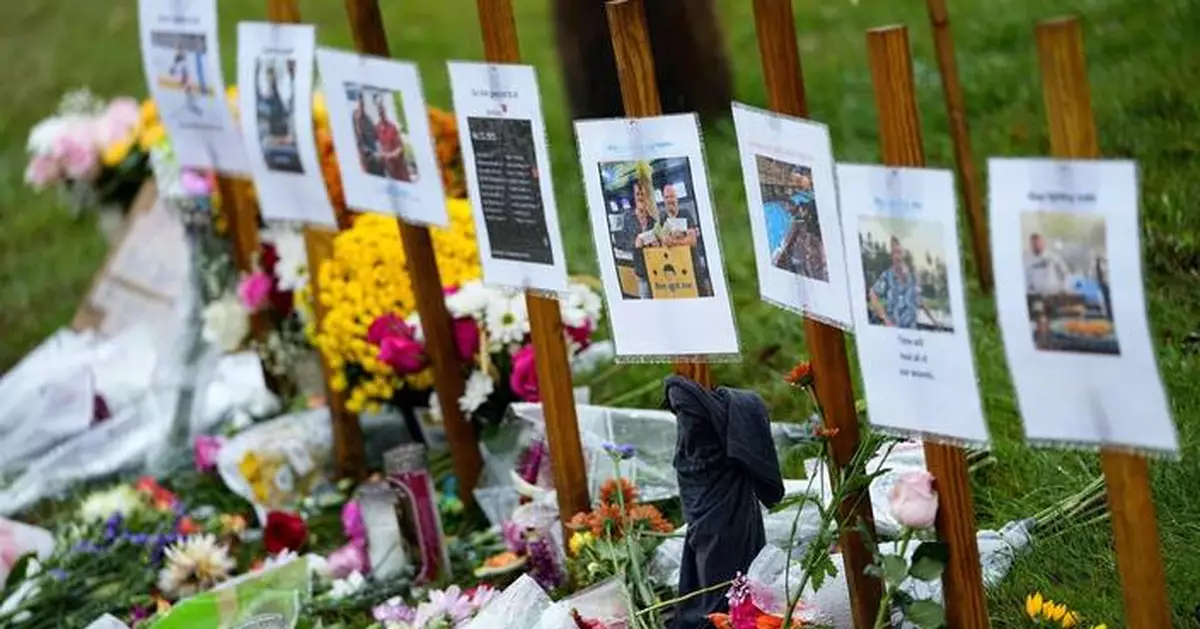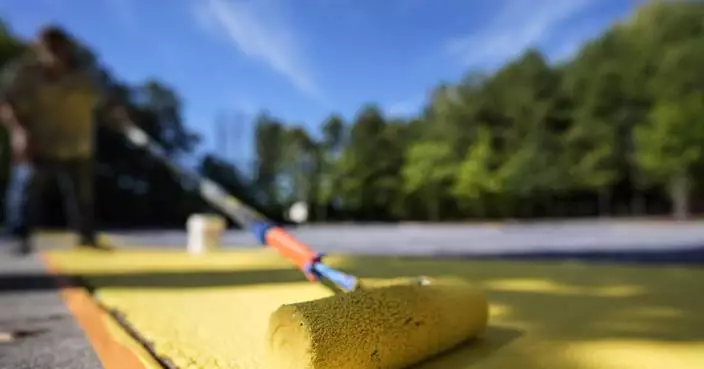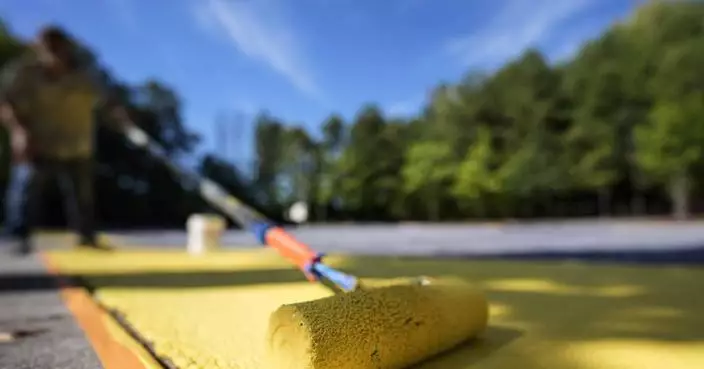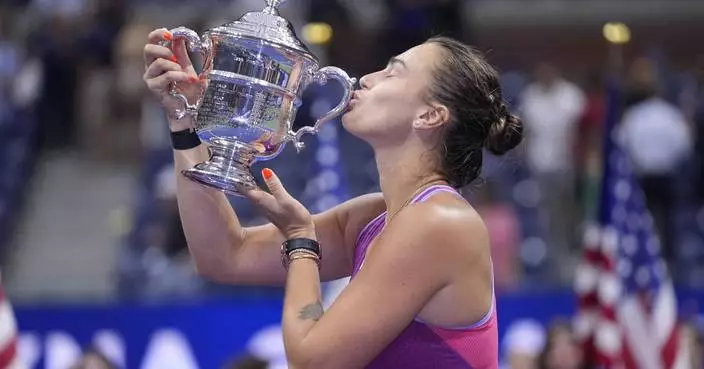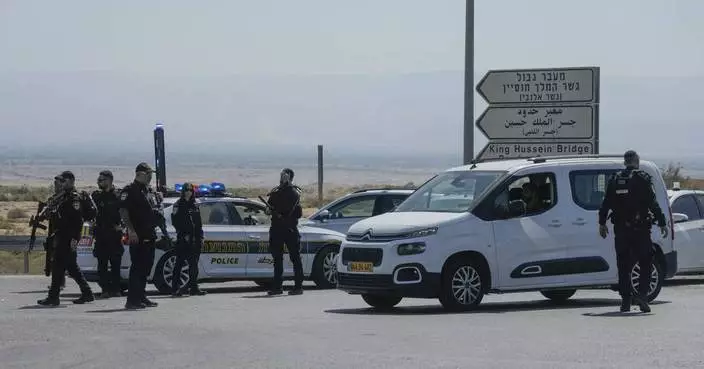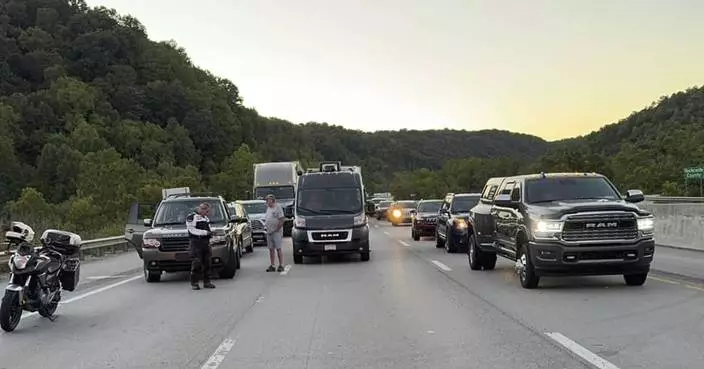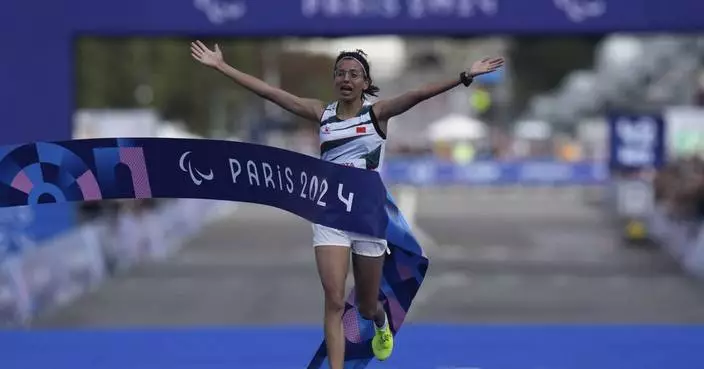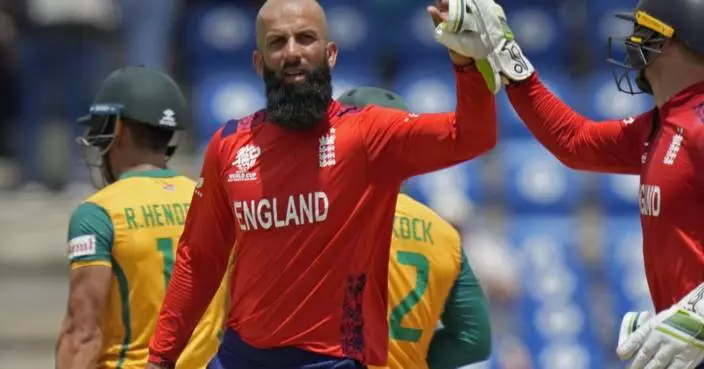PORTLAND, Maine (AP) — Families of the victims of the deadliest mass shooting in Maine's history said Wednesday that they want a broader federal investigation into the circumstance surrounding the killings.
The request came in a statement issued by the relatives' lawyers a day after Army officials released a pair of reports about the October shootings. One of the reports said three Army Reserve officers were disciplined in the aftermath of the shootings, which were carried out by a reservist.
The “narrow scope” of the Army reviews and conflicting conclusions in the reports were “troubling” for the families, the attorneys said. They called on Maine's congressional delegation to push for an investigation by the Inspector General for the Department of Defense into the events leading up to the shootings.
The broader investigation is needed to identify “system failures that caused numerous warning signs to be overlooked” about the shooter, attorneys Travis Brennan and Ben Gideon wrote.
“A DOD IG should be appointed to further investigate, answer outstanding questions, and address the conflicting conclusions between the reports,” they said.
Army officials did not immediately respond to a request for comment from The Associated Press.
The shootings happened at a bowling alley and at a bar and grill in Lewiston. Robert Card, who was in the midst of a spiraling mental health crisis, killed 18 people, while 13 survived gunshot wounds and 20 others suffered other types of injuries. Card later died by suicide.
An independent commission established by Democratic Gov. Janet Mills is also investigating, and its report is expected to be completed this summer.
The reports released Tuesday showed there was “a series of failures by unit leadership,” according to Lt. Gen. Jody Daniels, chief of the Army Reserve. The reports documented that Card boasted that he could kill 100 people with a rifle scope that he bought, and told a health care provider that he decided to quit his job “before he ended up killing someone.”
The reports also recommended procedural changes and new policies to better manage reservists’ mental health. The four members of Maine's congressional delegation said Tuesday in a joint statement that the Department of Defense should swiftly implement the recommendations.
“While we cannot undo this tragedy, we can do our best to learn from past errors,” they said.
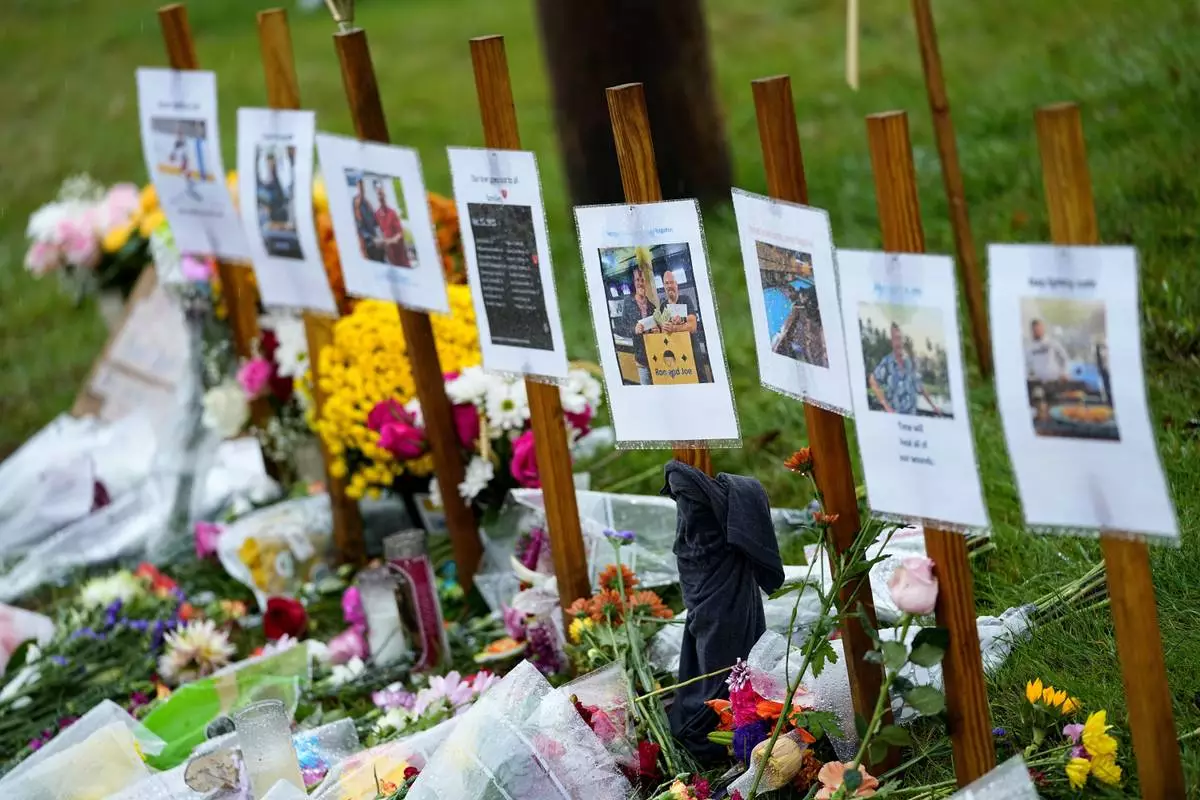
FILE - Rain soaked memorials for those who died in a mass shooting sit along the roadside by Schemengees Bar & Grille, Oct. 30, 2023, in Lewiston, Maine. Families of the victims of the deadliest mass shooting in Maine's history said Wednesday, July 24, 2024, that they want a broader federal investigation into the circumstance surrounding the killings. (AP Photo/Matt York, File)
CARACAS, Venezuela (AP) — Former Venezuelan presidential candidate Edmundo González fled into exile in Spain on Sunday after being granted asylum there, delivering a major blow to millions who placed their hopes in his opposition campaign to end two decades of single-party rule.
The surprise departure of the man considered by Venezuela’s opposition and several foreign governments to be the legitimate winner of July’s presidential race was announced late Saturday by Venezuelan Vice President Delcy Rodríguez.
She said the government decided to grant González safe passage out of the country, just days after ordering his arrest, to help restore “the country’s political peace and tranquility.”
González arrived Sunday at a military airport near Madrid, accompanied by his wife and Spanish officials, Spain’s foreign ministry said.
Opposition leader Maria Corina Machado said González feared for his life if he stayed in Venezuela.
“His life was in danger, and the growing threats, legal citations, arrest orders, and even blackmail attempts that he was subjected to demonstrate that the regime has no scruples or limits in its obsession to silence him and try to break him,” Machado wrote on X.
Spain’s center-left government said the decision to leave Venezuela was González's alone, and he departed on a plane sent by the country's air force. González stayed at the Spanish embassy in Caracas before leaving.
Spanish Foreign Minister José Manuel Albares told Spanish national broadcaster RTVE that his government will grant González political asylum as he requested. Albares spoke from Oman while en route to China with Spanish Prime Minister Pedro Sánchez on a state visit.
“I have been able to speak to (González), and once he was aboard the airplane, he expressed his gratitude toward the Spanish government and Spain,” Albares said. “Of course, I told him we were pleased that he is well and on his way to Spain, and I reiterated the commitment of our government to the political rights of all Venezuelans.”
In a speech before González's departure was announced, Sánchez said the opposition leader was “a hero whom Spain is not going to abandon.”
The European Union’s foreign affairs chief, Josep Borrell, in a statement Sunday described it as “a sad day for democracy in Venezuela.”
Borrell added that González “appears to be the winner of the presidential elections” and that the EU will maintain its support of the Venezuelan people “in their democratic aspirations.”
In a letter sent Sunday to lawmakers, Dutch Foreign Affairs Minister Caspar Veldkamp said that the Netherlands had given González refuge shortly after the election at its embassy. He added that González said at the beginning of September that he wanted to leave the country “and continue his fight from Spain.”
González, a 75-year-old former diplomat, was a last-minute stand-in when Machado was banned from running. Previously unknown to most Venezuelans, he nonetheless rapidly ignited the hopes of millions of Venezuelans desperate for change after a decade-long economic free fall.
While President Nicolás Maduro was declared the winner of the July vote, most Western governments, including Spain, have yet to recognize his victory and are instead demanding that authorities publish a breakdown of votes. Meanwhile, tally sheets collected by opposition volunteers from over two-thirds of the electronic voting machines indicate that González won by a more than 2-to-1 margin.
The tally sheets have long been considered the ultimate proof of election results in Venezuela. In previous presidential elections, the National Electoral Council published online the results of each of the more than 30,000 voting machines but the Maduro-controlled panel did not release any data this time, blaming an alleged cyberattack mounted by its opponents from North Macedonia.
Attorney General Tarek William Saab, a staunch Maduro ally, sought González's arrest after he failed to appear three times in connection with a criminal investigation into what it considers an act of electoral sabotage.
Saab told reporters that the voting records the opposition shared online were forged and an attempt to undermine the National Electoral Council.
Experts from the United Nations and the Carter Center, which at the invitation of Maduro’s government observed the election, determined the results announced by electoral authorities lacked credibility. In a statement critical of the election, the U.N. experts stopped short of validating the opposition’s claim to victory, but they said the voting records it published online appear to exhibit all of the original security features.
Exiled opposition politician Franco Casella told RTVE that González would continue to campaign against the regime from abroad in what he called a dual leadership role with Machado, who Casella said remains in hiding in Venezuela.
He said he understood that some people who opposed Maduro might feel “orphaned” by González's departure. But, he added, "this is going to be capitalized positively .... and my message is that this is not the time for tears, it is time for us to remain united against the dictatorship.”
Spain has been a major point of exodus for Venezuelans, particularly those leading opposition to Maduro’s regime. They include Leopoldo López, who fled to Spain to reunite with his family in 2020, and Antonio Ledezma, who left in 2017.
Some 44,000 Venezuelans immigrated to Spain in the first six months of this year. The last government statistics from 2022 said that some 212,000 Venezuelans were then residing in Spain.
——
Goodman reported from Miami and Wilson from Barcelona, Spain. Mike Corder contributed from The Hague.
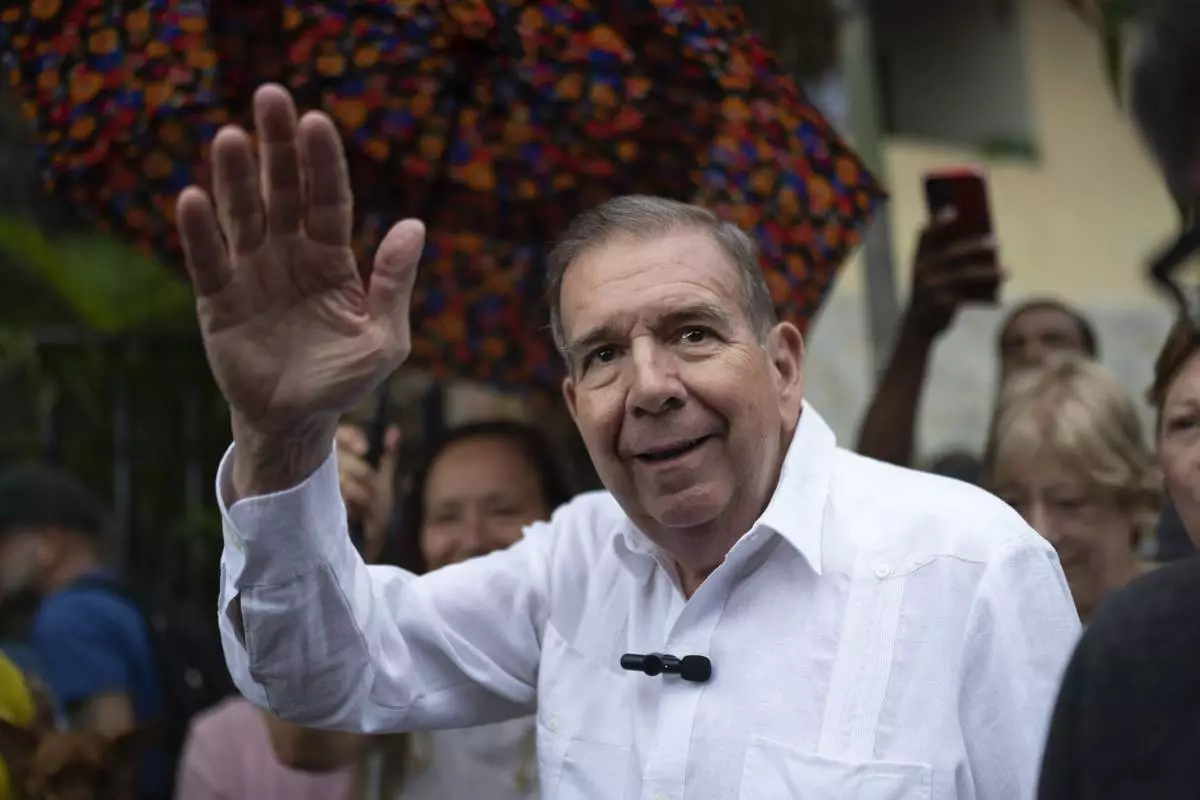
FILE - Venezuelan opposition presidential candidate Edmundo Gonzalez waves to supporters during a political event at a square in the Hatillo municipality of Caracas, Venezuela, June 19, 2024. (AP Photo/Ariana Cubillos, File)



